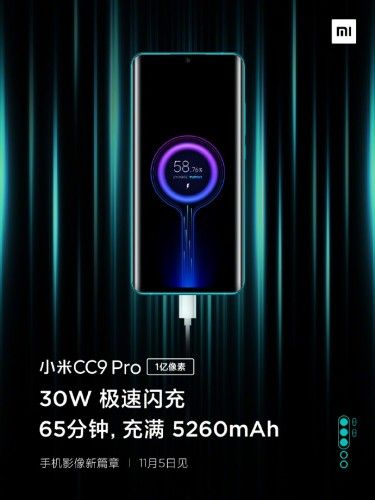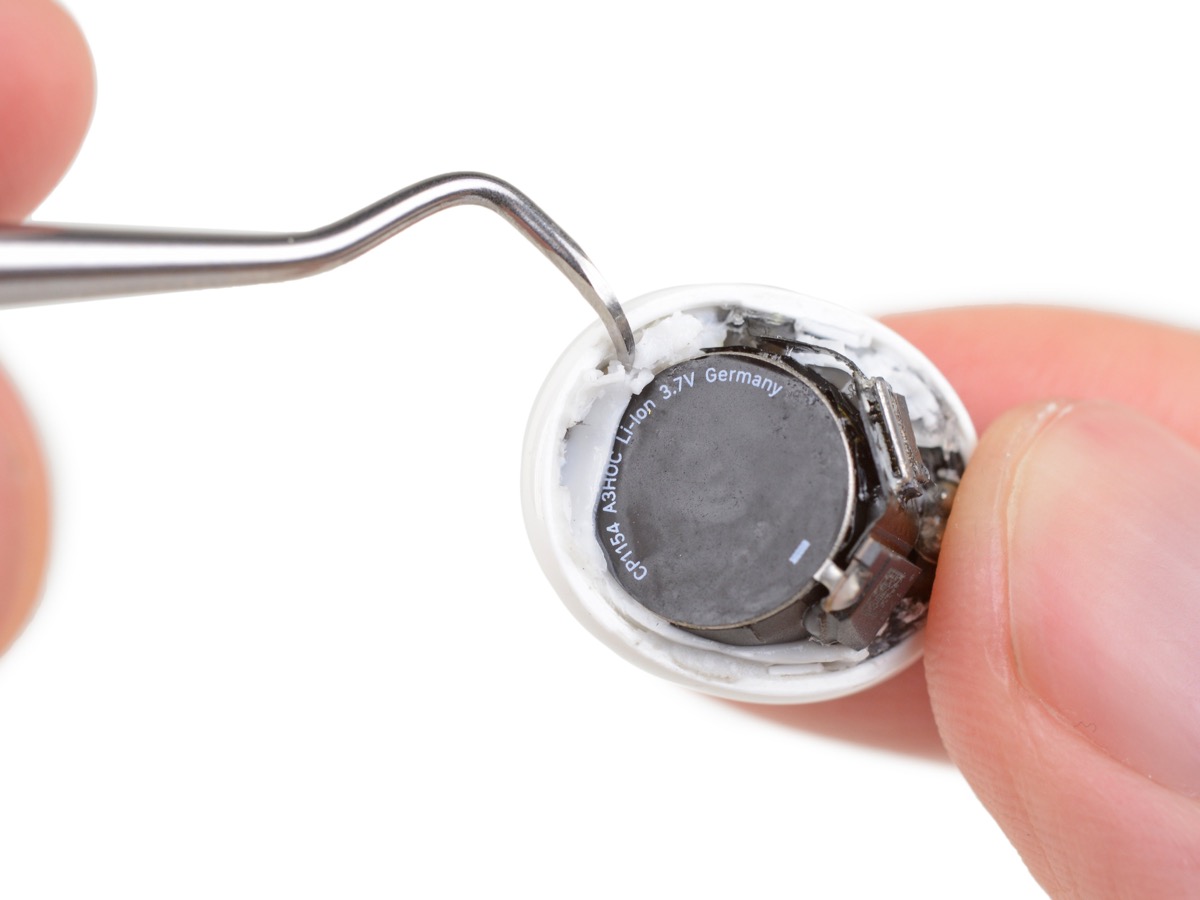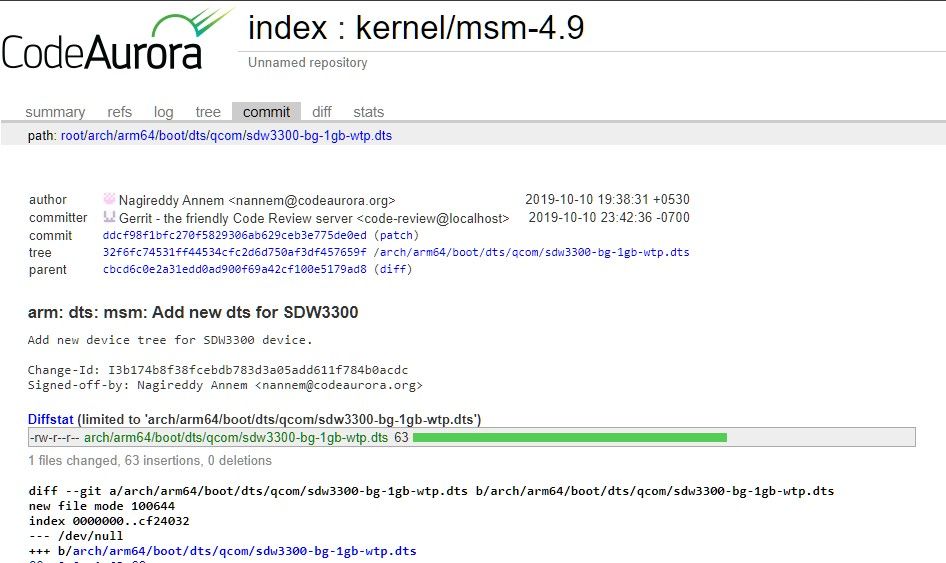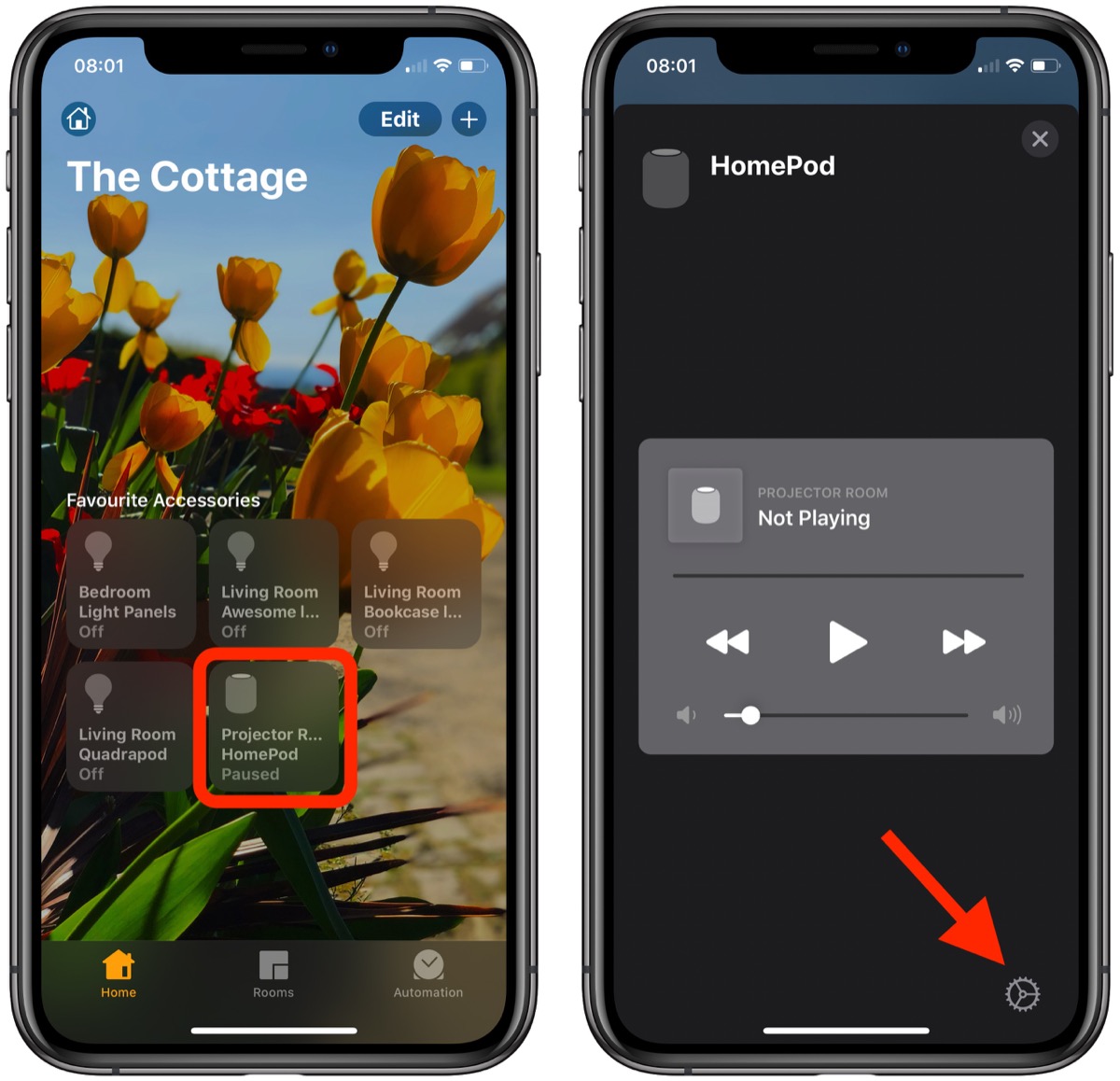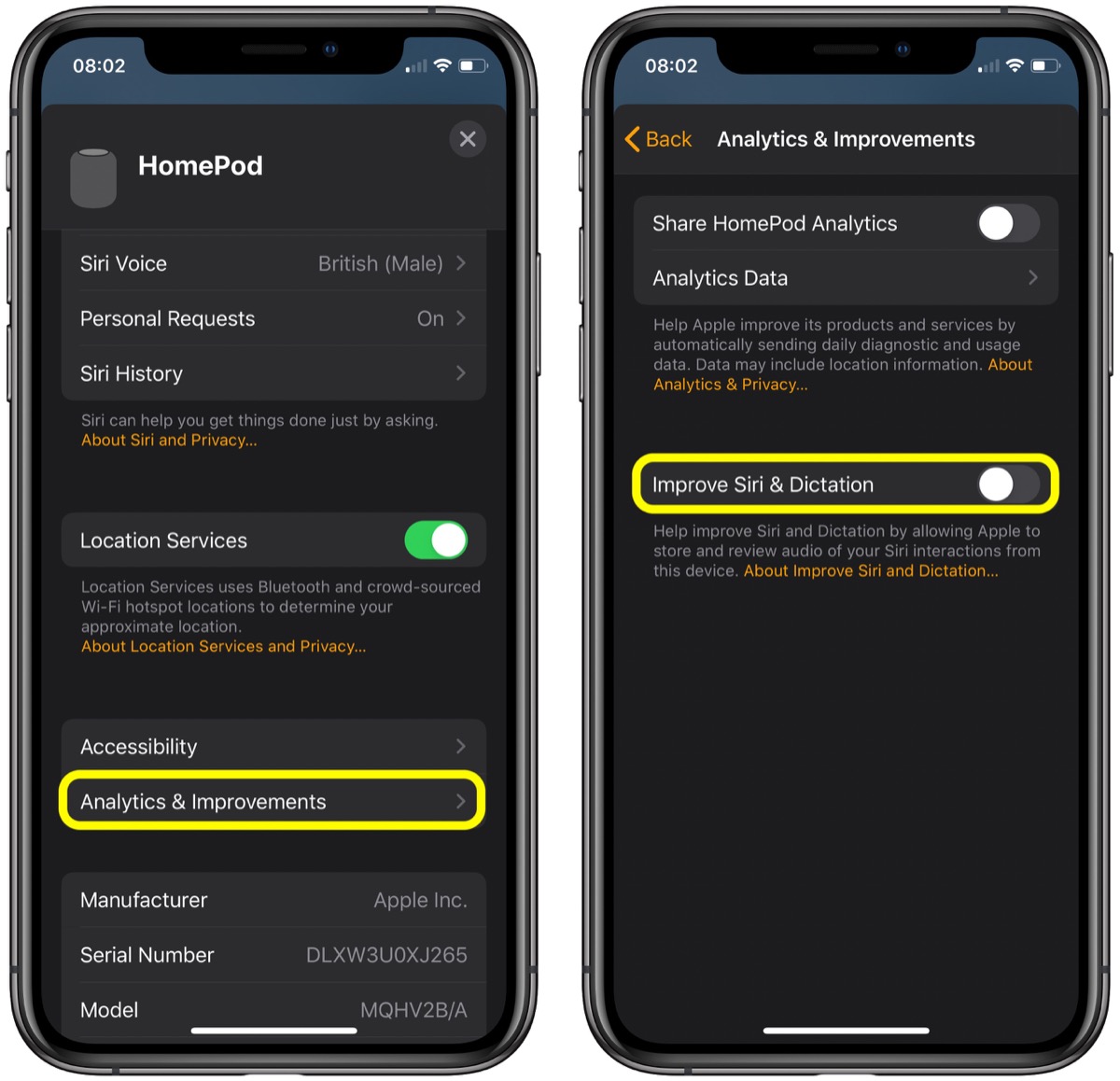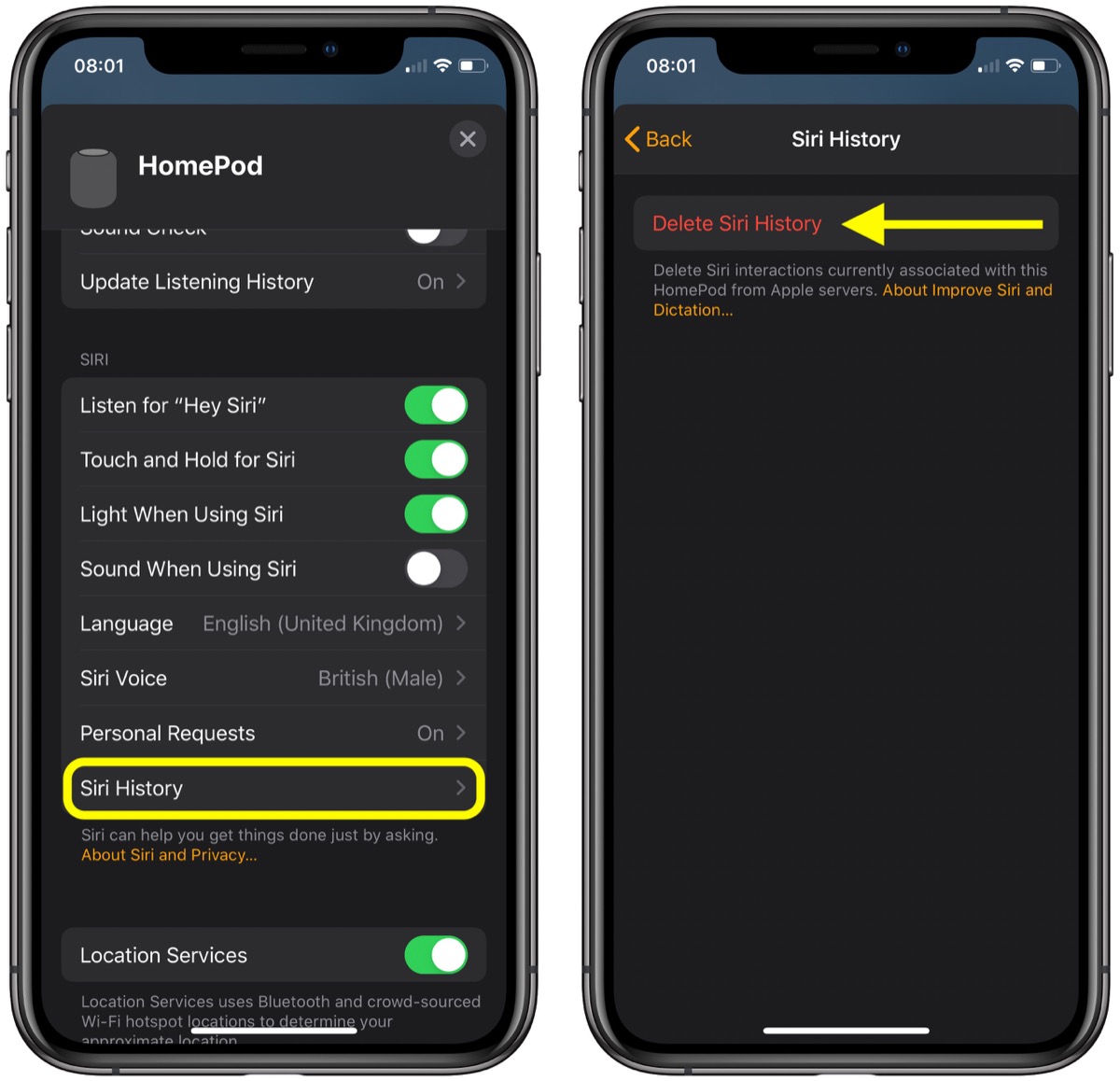https://ift.tt/2WsAYwt
Apple has bought the "AirTag" trademark for its rumored item tracking device from a Russian group of companies that specializes in RFID technology, according to a Russian media outlet.
 RBC
RBC reports that
ISBC, which describes itself as "The leading smart card and RFID tag manufacturer in Russia," sold Apple the "AirTag" trademark as part of an agreement that would see the group develop its products under a single brand, according to a source familiar with the details of the transaction.
In a
statement posted on the ISBC website today, the group confirmed that it had indeed completed a transaction to transfer the rights to the "AirTag" trademark, but said that details about buyer would not be disclosed under the terms of confidentiality.
ISBC® group of companies have decided to bet on enhancing development of its own products under a single namesake trademark ISBC®. This rebranding decision is very much conditioned by international deal on assignment of the trademark AIRTAG®.
[...]
Transfer of RFID keyfobs from AIRTAG® brand to our flagship one - ISBC® - evidences our confidence in future of the product and solutions related. Confidentiality agreed does not allow us to disclose the deal in detail. But we may express our confidence the the future of AIRTAG® trademark we have envisaged and registered internationally will be bright, the whole world will learn and love the new product so named.
On Monday, the public release of iOS 13.2
revealed information suggesting Apple may be planning to call its rumored Tile-like item tracking accessory "
AirTags."
Looking into the status of trademark activity surrounding the term, MacRumors come across some curious recent developments that could be
signs of Apple acquiring the trademark rights, although a smoking gun concretely linking Apple to the activity was unavailable at the time.
Apple is rumored to be working on Tile-like Bluetooth trackers that can be used to keep track of items that are often lost, such as keys, wallets, and more.
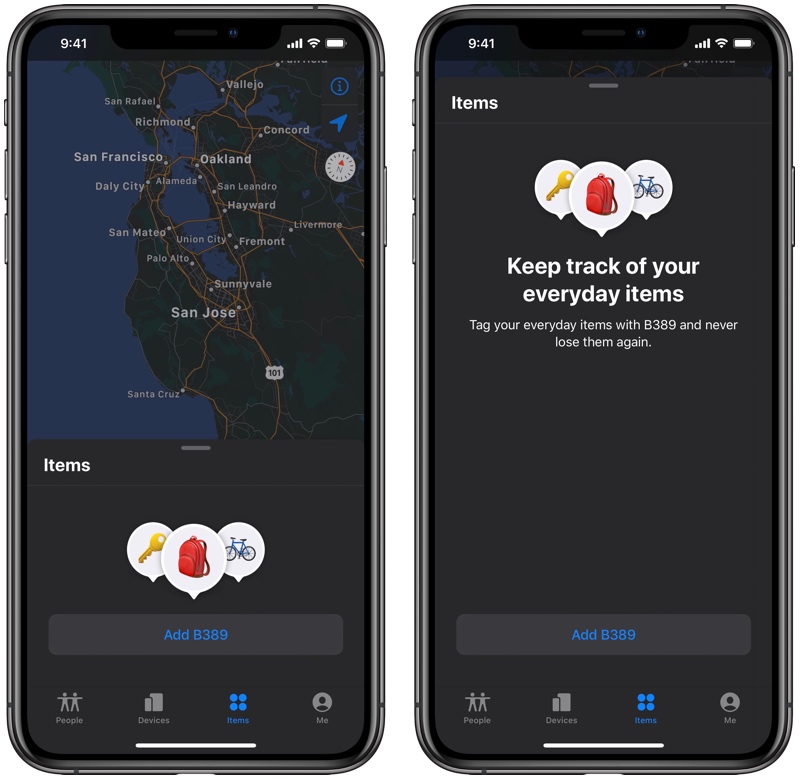
Multiple rumors have confirmed Apple's work on AirTags, which are expected, based on leaked assets, to be little round circles that can be attached to your items to make them locatable through the
Find My app right alongside your Apple devices.
AirTags will connect to iPhones, iPads, Macs, and more via Bluetooth, and will leverage the ultra-wideband U1 chip in the newest iPhones for more precise indoor tracking that's unmatched by competitors.
As we found earlier this year, there will also be an augmented reality component that will let you use your device's camera to pinpoint exactly where a lost item might be. Longer-range tracking will also be available, and AirTags will likely take advantage of the offline crowd-sourced tracking feature that was added in
iOS 13.
There is no word on when AirTags will be released, but given that Apple has been adding new details to each beta, there's a possibility that the accessories are coming this year, perhaps even quite soon.
(Thanks, Sergey!)
This article, "
Apple Did Buy Rights to 'AirTag' Trademark, Source Confirms" first appeared on
MacRumors.com
Discuss this article in our forums

from MacRumors: Mac News and Rumors - All Stories https://ift.tt/320K8l0
